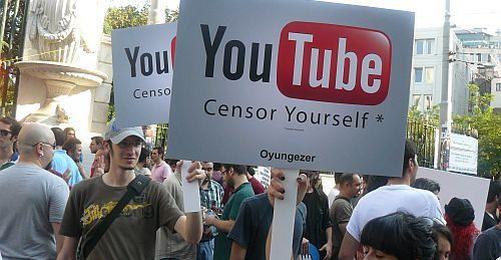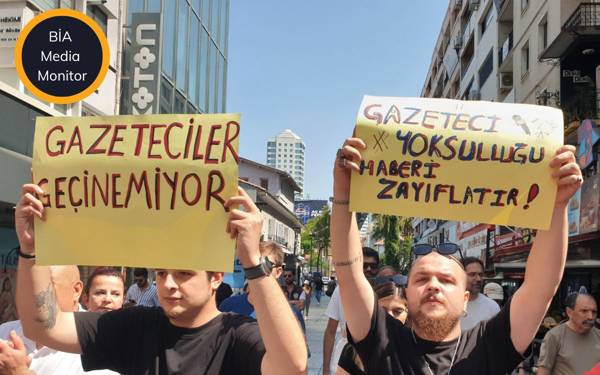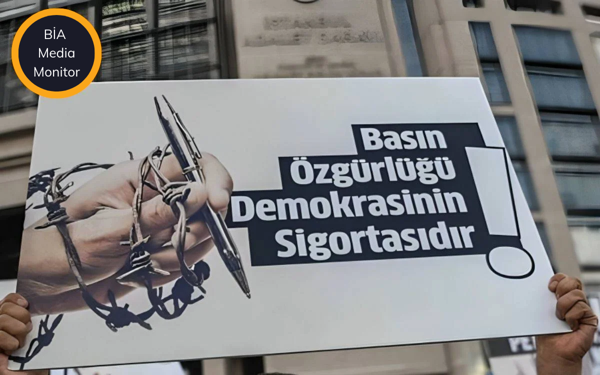INTERNET CENSORSHIP
YouTube Ban Finalized - for the Time Being...

The Ankara 13th Criminal Court of First Instance dismissed the appeal filed against the decision of the Ankara 1st Magistrate Criminal Court regarding the access ban to 44 IP addresses that provided access to the global video sharing site YouTube.
The appeal had been filed by the Internet Technology Association (INTED). According to the nationwide Radikal daily, the decision finalized the ban imposed on YouTube two years ago.
About 2,000 people had met at Istanbul's centrally located Taksim square on Saturday (17 July) and walked down the popular Istiklal Avenue to protest internet censorship in Turkey. The demonstration was seen as a signal for more protests to come.
Two-year's judicial process
The Ankara 1st Magistrate Criminal Court banned access to YouTube more than two years ago on 5 May 2008 on the grounds of videos allegedly containing insults against the memory of statesman Atatürk, the founder of modern Turkey. However, the block had been circumvented in the meantime by using different IP addresses.
Therupon, the Ankara Prosecutor, Kürşat Kayral, from the Chief Prosecution Department of Media Crimes applied to the Telecommunication Ministry (TİB) to find out whether new IP addresses were being used to access YouTube. The Ministry identified 44 new IP addresses.
The prosecution then applied to the Ankara 1st Magistrate Criminal Court in order to add an amendment regarding those IP addresses to the original ban. The request was accepted.
İNTED appealed to the decision. Evaluating the appeal the court insisted on rejecting it "as long as objectionable violations of the law continue" on the site. The file was transferred to the subordinated Ankara 13th Criminal Court of First Instance. Yet, the new court approved the previous decision.
Closed because of Atatürk or advertising revenues?
While the access ban was reasoned with videos insulting the memory of Atatürk, Transport Minister Binali Yıldırm in particular announced on different occasions that YouTube as a company did not pay its part on advertising revenues. He furthermore pointed out that YouTube had not opened a representation in Turkey and that access to the site was banned because this was a breach of Turkish law.
European Court of Human Rights
INTED lawyer Nihad Karslı said that they are going to apply to the European Court of Human Rights once all means of a domestic remedy will be exhausted. (EÖ/VK)
BİA MEDIA MONITORING REPORT 2024
The government made journalists' lives a living hell in 2024

BİA MEDIA MONITORING/OCTOBER-NOVEMBER-DECEMBER 2024
Truth concealed through repression from all sides targeting journalists

BİA MEDIA MONITORING REPORT
Just silence the journalist, and I won't touch you!

BİA MEDIA MONITORING APRIL-MAY-JUNE 2024
Journalists are on the target and have no legal security anymore!

BİA MEDIA MONITORING REPORT
The era of 'judicial control' confinement and torture in journalism













